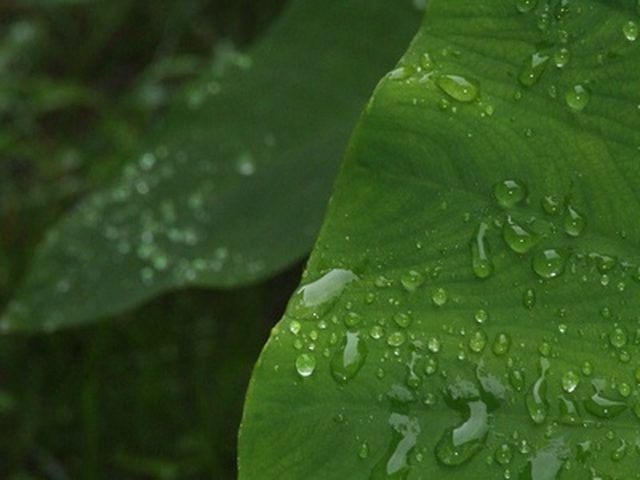Bulbs
Flower Basics
Flower Beds & Specialty Gardens
Flower Garden
Garden Furniture
Garden Gnomes
Garden Seeds
Garden Sheds
Garden Statues
Garden Tools & Supplies
Gardening Basics
Green & Organic
Groundcovers & Vines
Growing Annuals
Growing Basil
Growing Beans
Growing Berries
Growing Blueberries
Growing Cactus
Growing Corn
Growing Cotton
Growing Edibles
Growing Flowers
Growing Garlic
Growing Grapes
Growing Grass
Growing Herbs
Growing Jasmine
Growing Mint
Growing Mushrooms
Orchids
Growing Peanuts
Growing Perennials
Growing Plants
Growing Rosemary
Growing Roses
Growing Strawberries
Growing Sunflowers
Growing Thyme
Growing Tomatoes
Growing Tulips
Growing Vegetables
Herb Basics
Herb Garden
Indoor Growing
Landscaping Basics
Landscaping Patios
Landscaping Plants
Landscaping Shrubs
Landscaping Trees
Landscaping Walks & Pathways
Lawn Basics
Lawn Maintenance
Lawn Mowers
Lawn Ornaments
Lawn Planting
Lawn Tools
Outdoor Growing
Overall Landscape Planning
Pests, Weeds & Problems
Plant Basics
Rock Garden
Rose Garden
Shrubs
Soil
Specialty Gardens
Trees
Vegetable Garden
Yard Maintenance
How to Treat Elephant Ears Poison
How to Treat Elephant Ears Poison. Elephant ears contain a protein called asparagine and oxalic acid, which cause poisonous reactions to those who eat the plant. Common complaints after digesting elephant ears includes nausea, diarrhea, vomiting, burning of the mouth and throat, and swelling of the eyes or mouth. Families with small children should...

Elephant ears contain a protein called asparagine and oxalic acid, which cause poisonous reactions to those who eat the plant. Common complaints after digesting elephant ears includes nausea, diarrhea, vomiting, burning of the mouth and throat, and swelling of the eyes or mouth. Families with small children should keep an eye on them in yards that contain elephant ears. Treatment for ingesting elephant ears should occur as soon as possible to prevent serious complications.
Things You'll Need
Wet towel
Soak a towel in cold water and wring out. Place the towel inside the mouth of the individual or to yourself. Wipe off the tongue, lips and inside of the mouth.
Wipe off the hands, eyes and face of the person inflicted with elephant ear poisoning. Use several towels if there is an excessive amount of sap on the skin.
Ask if the person can breathe. Oxalate can occasionally prevent a person from being able to freely use their airways. Find out when the person ate the plant, what part of the plant and where. Get the weight and age of the individual.
Call the poison control hotline with the information. If in doubt if the plant that was eaten was an elephant ear, have someone go to the location to take a sample.
Monitor the individual and follow the instructions of the poison control hotline. In many cases, the poison control hotline will request the person be taken in to have blood pressure and heartbeat checked.
Tips & Warnings
Call 911 if the person has trouble breathing.
Remove elephant ear plants if children or pets are in danger of eating them.